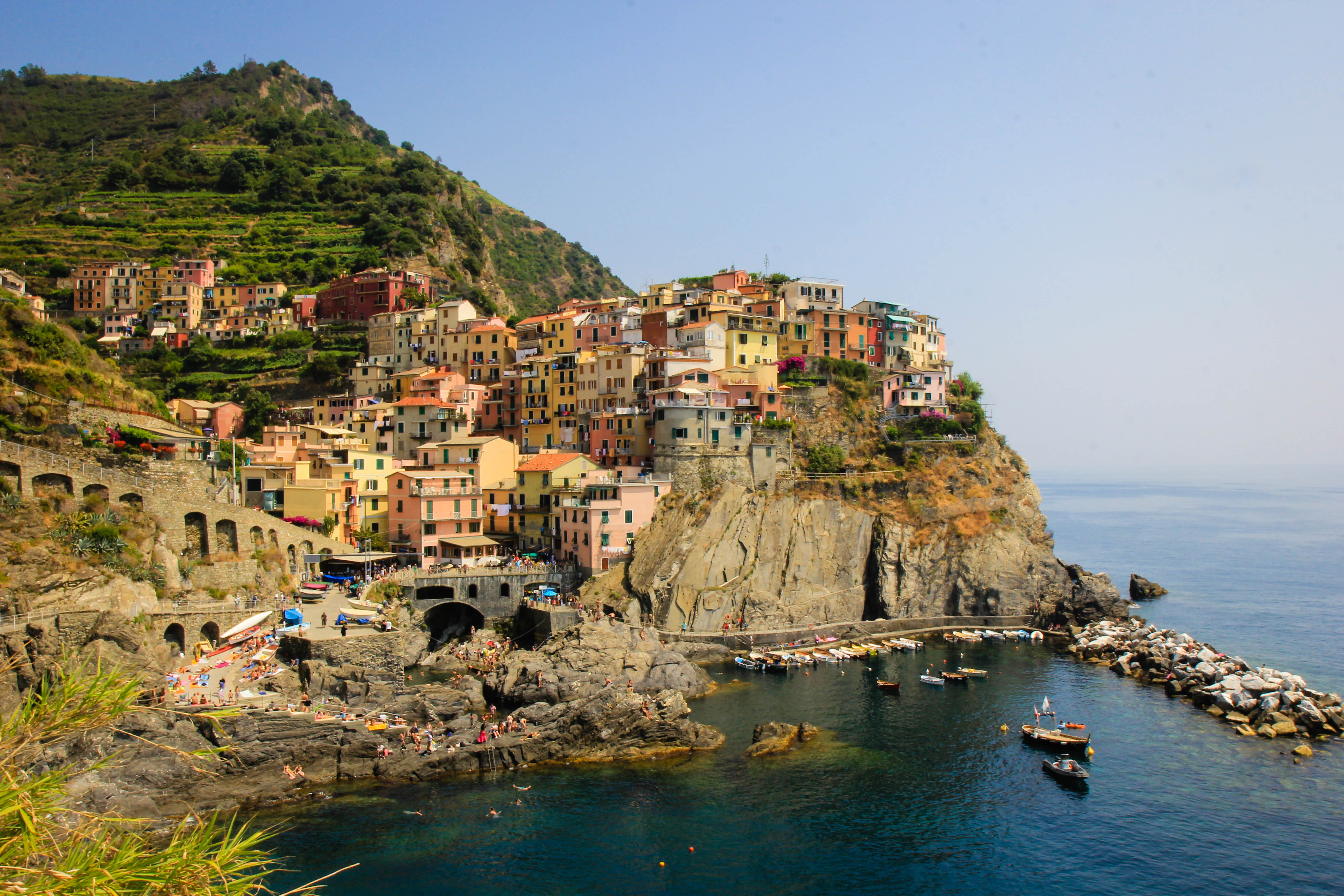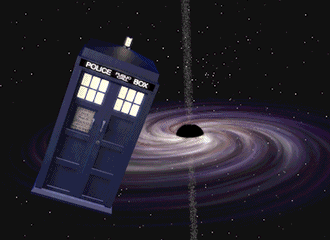“And once every five years, everyone chooses to forget what they’ve learned. Democracy in()action.”
The Eleventh Doctor, Doctor Who
The quote above is from the episode The Beast Below, from Doctor Who. This episode shows when Amy and the Doctor arrive at the floating remains of the UK, after Earth has ended. I see it as a further inquiry into the issues posed by The Ones Who Walk Away from Omelas. In this short post, I will first talk about the two stories, and then arrive at the questions I have been struggling with. Feel comfortable to skip the next two sessions if you’ve read the book and watched the episode.
The Ones Who Walk Away from Omelas
“With a clamor of bells that set the swallows soaring, the festival of summer came to the city Omelas. The rigging boats in the harbour sparkled with flags” (Le Guin 1993).

The thing you have to know about Omelas, the city described by Ursula Le Guinn, is that everyone in this dream-like-perfect-city lives in full happiness. The city really has no issues, it is functional, there isn’t an oppressive state, nor poverty neither inequality. The city is so perfect that the writer says that it is best left to our imagination of how perfect the city is. There is only one caveat. For all this happiness to be possible one single child has to be kept for her entire life in a small dirty cabinet, covered in filth in in eternal and utmost misery (Le Guin 1993).
When Omelians come of age, they are revealed the existence of this child, to their shock, and they are informed their happiness is only possible because of this child’s misery. In spite of their initial shock, most of the inhabitants don’t do anything. A few of them walk away from Omelas – hence the title – into an unknown land, a land that might not even exist (Le Guin 1993).
This story contrasts beautifully, and sadly, with what Amelia Pond and the Eleventh Doctor discovered in the episode
The Beast Below.
In the episode Amy and the Doctor arrive at a floating city (Starship UK), as the plot unfolds, they discover that the city is floating on the back of a star whale, one of the gentlest creatures in the universe, and the last of its kind. In order to be able to keep the city on the whale – and therefore, to keep the remainder of humankind alive – the English people believe they need to continuously torture the creature for hundreds and hundreds of years (Gunn 2010).
The people in the city live in ignorance of this, except one every five years, when they are taken to vote. The vote is individual, and secret, in a private booth. When they enter the booth, they learn of the terrible atrocity committed in the name of their survival. And there, in the vote, they are presented two choices: 1) to end the suffering of the animal and let it free, which would end humankind. 2) to forget, and let the torture continue. They always choose the second, hence, “Democracy in()action” (Gunn 2010).
Now, how the episode ends is not for me to tell, but I do would like to use this episode and the tale of Omelas to express something. How Democracy allows for us to care about certain hidden aspects of our societies and take responsibility for them only once in a while.
But, what does this have to do with the course?
I’m still not 100% sure, to be honest. Quite honestly, the course is on Global Extraction, and these stories are very focused on the local – the city. Maybe I’m just still trying to make sense of the last Brazilian election. However, I do feel there is a connection to be made.
In the two cases, there is something kinda hidden. Something that sustains life as it is. Like pipelines crossing through communities in the Caucasus that deliver fuel for Europe (Barry 2013), or avoiding workers to demand their rights (Mitchell 2011)…. And so many cases that we see, but hardly acknowledge that they constitute our modes of life. They are often seen as aliens, as Others, as if their problems were not related to our choices.
You see? In the tale of Omelas, most people agree to live in the knowledge that their happiness depends on the misery of a child. The knowledge is not erased from their mind, rather on the contrary, they learn to live with it. Rather, the child misery becomes constitutive of their happiness. Maybe much like diamonds of uncertain origin? A constant reminder that you are not them. You may walk away from Omelas, and not wear diamonds, or use only recycled paper, but the child is still there. The indigenous communities in Canada are still being disposed of their traditional knowledge, to produce “ethical diamonds” (Bell 2017).
One might even argue that by consuming blood-free diamonds and using recycled paper you are actually helping the child. Could be, but it is still very different from the dilemma posed by The Beast Below.
With The Beast Below, you have one active choice of destroying the system, knowing that it would probably also destroy you and all those you love. Or forget, and live as if you have no blame on the pain that is being imposed, as if the torture imposed onto others is actually a necessity. However, often times, I remember that the title of “The Beast Below” does not refer to the star whale.
Written by Paulo Shinji
Sources
Barry, Andrew. 2013. Material Politics: Disputes along the Pipeline. Chichester, West Sussex: Wiley-Blackwell.
Bell, Lindsay A. 2017. ‘Soft Skills, Hard Rocks’. Focaal 2017 (79). https://doi.org/10.3167/fcl.2017.790107.
Gunn, Andrew. 2010. ‘The Beast Below’. Doctor Who. BBC.
Le Guin, Ursula K. 1993. The Ones Who Walk Away from Omelas. Mankato, Minn: Creative Education.
Mitchell, Timothy. 2011. Carbon Democracy: Political Power in the Age of Oil. http://search.ebscohost.com/login.aspx?direct=true&scope=site&db=nlebk&db=nlabk&AN=729940.
